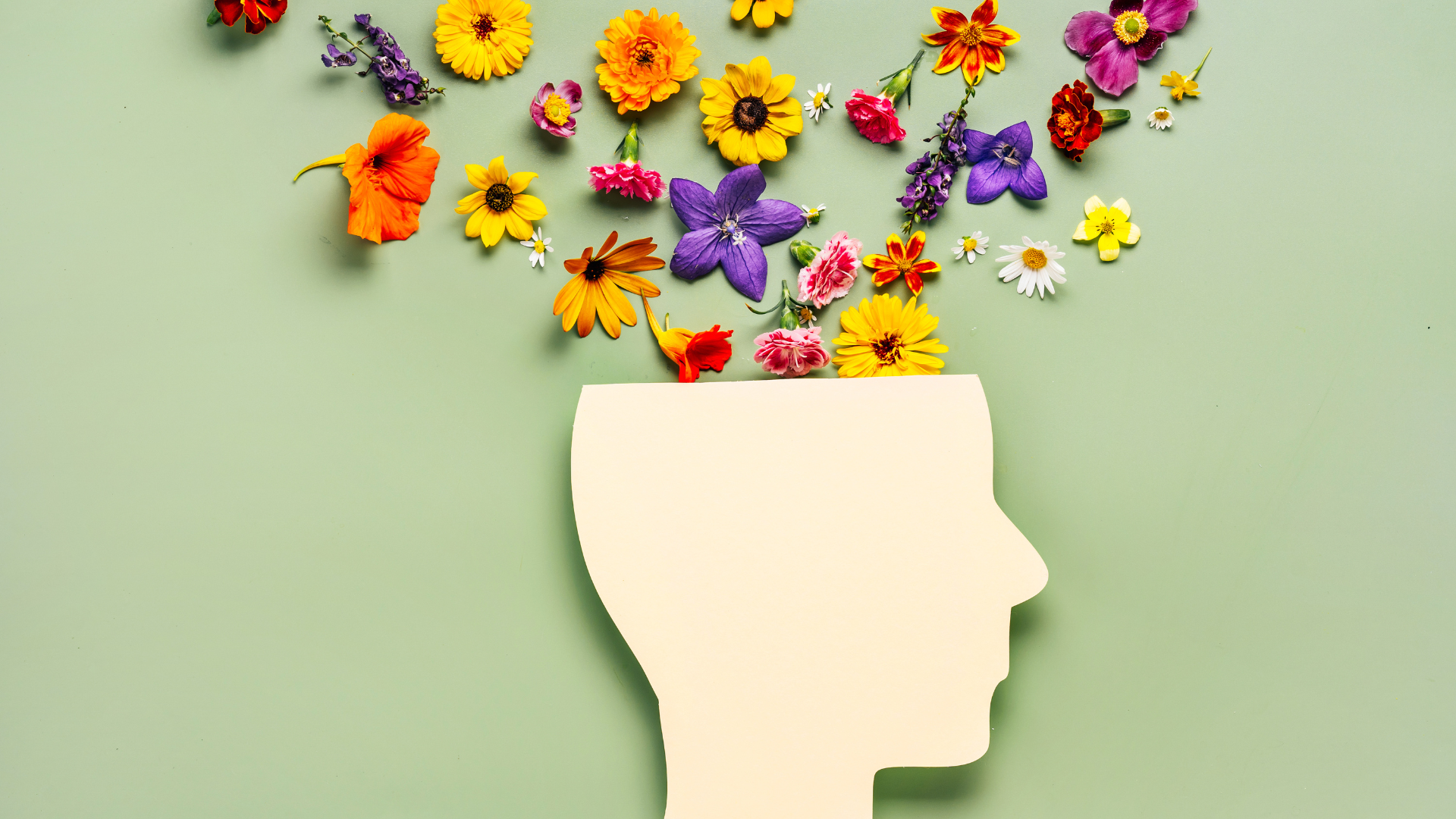The Quick Guide to Foods That Support Liver Detoxification and How They Can Help You
Detoxification is the process by which our body eliminates waste. A healthy liver and a healthy gut play a significant role in this process. If this becomes impaired or too many toxins are bombarding us, we develop sickness
The liver plays a central role in how your body processes and removes waste products from what you eat or drink or rub on our bodies. It has two main ways to do this: Phase I and Phase II detoxification. This system depends on getting enough good quality nutrients, antioxidants, proteins, and phytonutrients to work properly. The liver takes chemicals, hormones and toxins and converts them into water-soluble metabolites that are then sent to the intestines, kidneys, and skin to be excreted
Healthy digestion is also really important. A healthy gut and regular bowel movements help excrete toxins sent from the liver. Leaky gut and constipation can impact the detoxification process. This is because if the gut is unable to eliminate those toxins, they are unpackaged and sent back into circulation increasing the possibility of being sick.
Certain foods are very beneficial in helping the liver and the gut in proper detoxification. Here is a list of beneficial foods that you can eat to help .
Broccoli + Cruciferous Vegetables
These are rich in glucosinolates which hydrolyze to indole-3-carbinol and isothiocyanate and help balance and metabolize hormones. This is especially useful in curbing estrogen or hormone-sensitive cancers.
Garlic + Other Alliums
Alliums such as chives, garlic, onions and shallot, provide sulphur compounds that are beneficial for your health. They come with antioxidant and anti-inflammatory properties that are believed to play a role in preventing stomach cancer and cardiovascular disease. Alliums catalyze Phase II of the detoxification process hence promote elimination of toxins
Turmeric
Turmeric is a stock ingredient in home-cooked curries. It contains phytochemical curcumin which helps with phase II detoxification and increases the antioxidant glutathione.
Lemon
Lemons have a variety of health benefits, like helping with the metabolism of fat, regulating stress levels and offering relief from coughs. They also provide you with a powerful antioxidant that helps the body to detoxify itself. Vitamin C found in lemons converts toxins like air pollutants into their water-soluble form for fast expulsion from the body."
Beets
The betalains in beets are a type of phytonutrient that supports the phase II detoxification and methylation process, which is important for overall wellness. Betaine, also found in beets, has anti-inflammatory properties and can ultimately improve your health.
Artichokes
Your liver will be happy when you eat artichokes. They stimulate the liver and gallbladder with cynarin, as well as ensuring healthy kidney function for good toxin elimination.
Flax Seeds
These protein-packed foods help to detoxify the harmful forms of estrogen and improve digestion. They contain several nutrients including fiber, Omega 3 fats and vitamin E.
Green Tea
Green tea has polyphenols, strong antioxidants compounds that aid the liver in its natural detoxification process. This in turn can help improve a wide range of illnesses and prevent cancer.
Berries
Antioxidants in berries called anthocyanins help combat free radicals, which cause cell damage. They may be good for the heart and help relieve inflammation. High levels of ellagic acid in berries are believed to have antioxidant properties that could be useful when it comes to cancer prevention.
Parsley + Other Leafy Greens
Chlorophyll and chlorophyllin found in leafy greens, binds to some types of carcinogens, decreasing their absorption in the gut. Consequently, this decreases the amount of carcinogens that reach healthy tissues.




